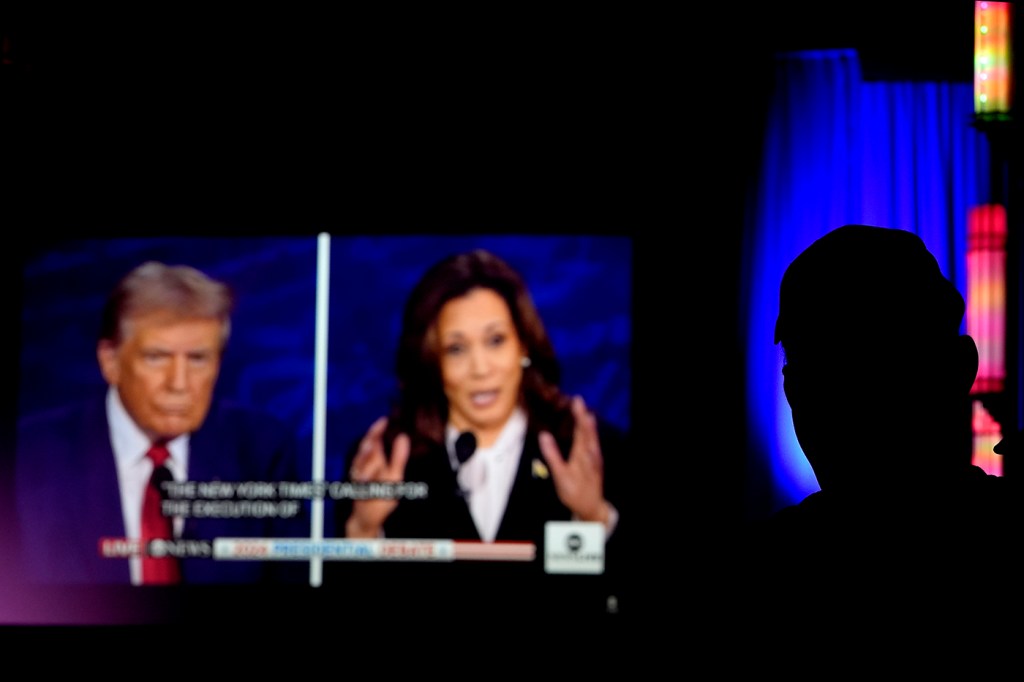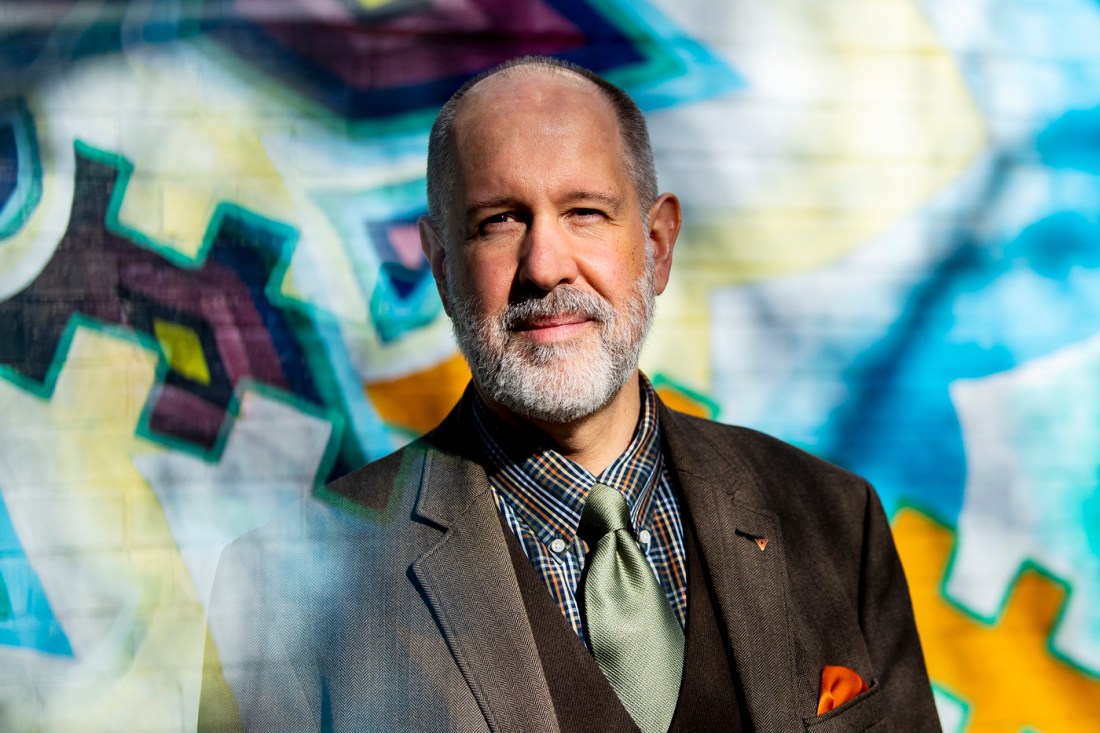Election Day is upon us. Here are some tips for reining in your election-related anxiety — and how to keep your friends
Instead of staying up late on election night, Northeastern University psychology professor says everyone should go to sleep, manage their screen time and be prepared to accept the results.

Election Day is finally here, which means we’re nearing the end of what many have called “the most important election in our lifetime.” And as such a consequential election draws to a close, many people are understandably anxious about what the coming days and weeks might hold.
Americans will be glued to their TVs, phones and other devices as the results begin to come in Tuesday night. In all likelihood, vote counting will occur late into the evening with a chance of recounts in the days following. Add to that fear of civil unrest over the results, and it’s a recipe for stress and anxiety.
Instead of staying up late on election night, Northeastern University psychology professor Aaron Daniels offers this advice: Get some sleep, manage your screen time, and be prepared to accept the results. Then, with renewed purpose, “get back to work” on the problems that matter to you.

The ‘real work’ begins after Election Day
“No matter whether one side wins or not, the question is: what do we do from here?” Daniels says. “Assuming one side or the other wins, it’s still the question of, alright, now the real work begins.”
That’s the hard part: as campaign messaging has framed this election in near-apocalyptic terms — “democracy is on the line” or “the fate of the country hangs in the balance” — it can be hard to focus on the things people can do to actually affect change.
“You shift the attention away from election politics toward your special interest groups that you support,” Daniels says. “And you’re probably going to have to discipline your time, because putting in 16 hours on Wednesday after the election is not going to be a good idea for your own mental health.”
Whatever it is that keeps you wedded to those causes, whether phone banking, volunteering, canvassing or just getting out into your community and talking to your neighbors — people should “double down on” on them in the coming days and weeks.
Featured Posts
“Because we live up in our heads so much, you shouldn’t underestimate the influence of what you actually do,” Daniels says. “It’s the concrete things that when you look back on your day and your week and say: I did that.”
Maintain healthy habits; take breaks
Election week is as good a time as any to introduce some helpful grounding exercises, while maintaining those healthier parts of our daily routine, such as a regular bedtime and healthy eating.
“When we start to change our habits, when we find ourselves altering our course — we change our bedtime, we sleep in, we stay up too late doomscrolling, we alter our meals, we stop connecting with people we normally connect with because we don’t fully agree with them anymore — nevertheless all of those previous habits were the things that sustained us,” Daniels says.
During periods of heightened stress, we can help protect and fortify our routines by introducing measures designed to combat overstimulation, such as daily meditation or a couple minutes of diaphragmatic (belly) breathing, he says.
A politics of anxiety
The stage had long been set for this kind of election anxiety to become part of the fabric of American political culture, Daniels says.
“We have been living for a couple decades now in such a way that we are voluntarily subjecting ourselves to anxiety-provoking things,” he says. “The companies who make our phones don’t make money by keeping us calm; the fear of missing out on social media — and to a greater extent, our phones, with texting — has raised that ambient level of anxiety. And the insidious piece is how miscalibrated it is to our actual lives.”
Moreover, he says, “anxiety prospers in the unknown and the unknowable.”
“Anxiety is about something that’s not there,” Daniels says. “Often it is future-oriented, but often it is oriented to things completely out of our control. It’s part of a whole set of very healthy systems in our body that are supposed to prepare us to be eager, excited or fearful.”
“Regrounding ourselves and admitting that this is a crazy-making situation, it’s not designed for us to feel better, is vital,” Daniels says. “And, as much as we may say one side is fear-mongering more than the other, neither side is saying, ‘Look folks, it’s going to be OK.’”
Maintaining bonds
How do we maintain bonds with those we disagree with after this election? Here, there are no easy answers — not least because it varies from person to person.
“It’s going to vary in each case,” Daniels says. “But in general, the answer is to be as sincere and heartfelt as we can with a given person.”
Because how we talk to each other matters, Daniels offered some framing to guide conversations about election results:
Congratulations, your candidate won. And I know this is what you wanted; I’m kind of heartbroken, and so I hope we’ll be there for each other over the next four years.
I know this is not the outcome you were looking for, given the conversations that we’ve had. I hope we can continue to support one another over the next couple of years.
In summary, Daniels says: “Take care of ourselves, take care of those we love; get out of our heads, get on to our feet; hug the people we love, and do all of the things that matter.”
“And on election night, go to bed!” Daniels says.











